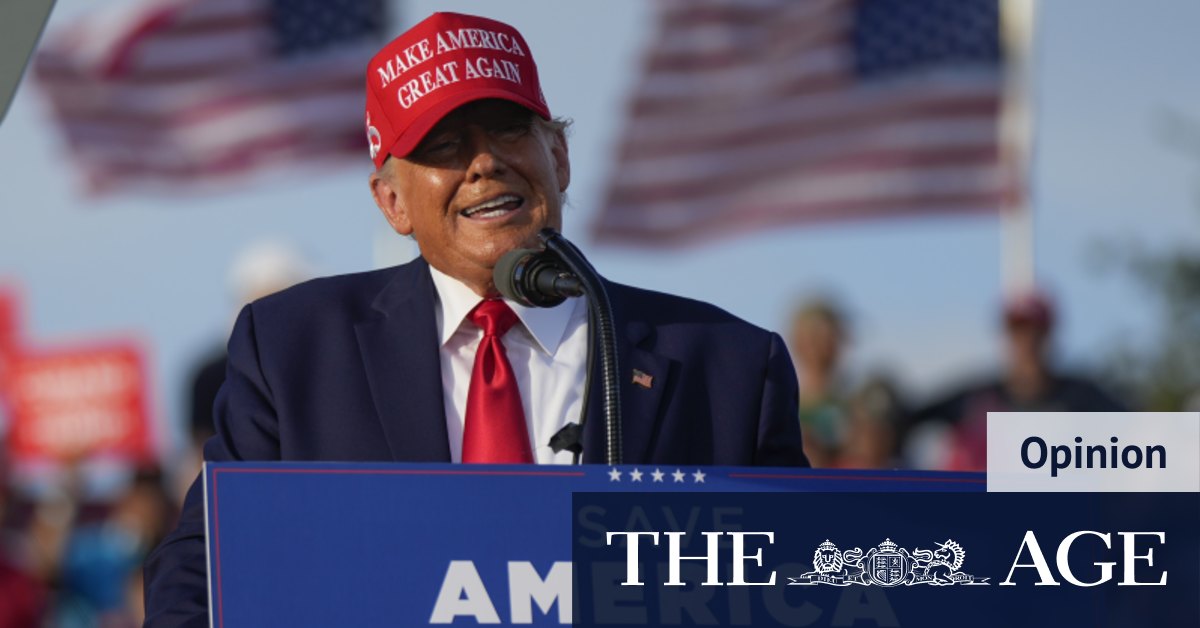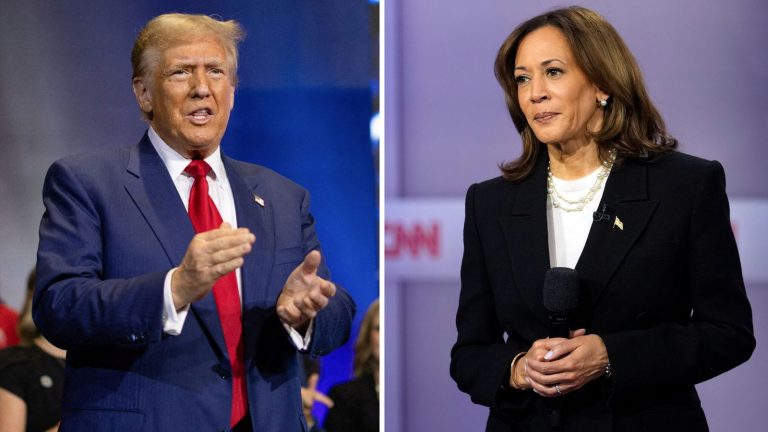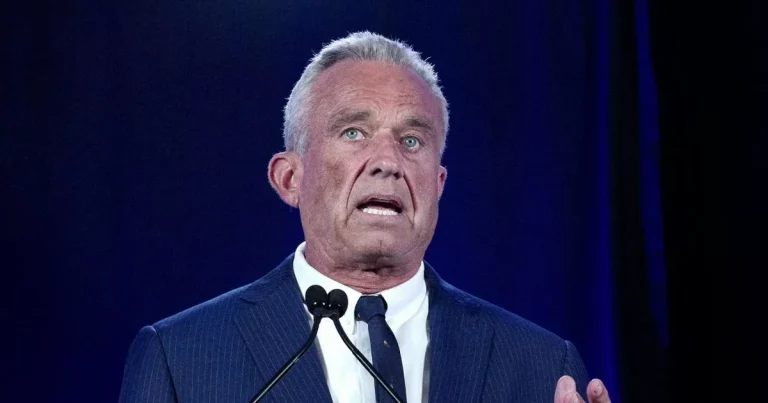As President Donald Trump continues to shape his administration for his second term, a pattern seems to be emerging amongst his first appointments, presenting more than a fleeting concern for China. Figures such as Robert Lighthizer and Marco Rubio, known for their hawkish stance towards China, are ascending the ranks, further escalating tension between the two world powers.
Robert Lighthizer, Trump’s former trade advisor, has been implicated as likely candidate for a significant economic office in the administration. Lighthizer has earned a reputation for being a China hardliner, having been twice sanctioned by the East Asian state for his firm stance. Notably, he has been a prominent figure in Trump’s ongoing trade war, an economic faceoff that he himself has described as “the most powerful adversary the United States has faced in living memory.”
If Lighthizer is given such a significant economic role, it would provide a clear signal that Trump intends to fill key positions with individuals who are most hostile to China. This could generate the potential for escalating the already shaky trade relations and political dynamics between the US and China.
Florida Senator Marco Rubio, another Trump appointment under scrutiny, echoed Lighthizer’s sentiment about China during his tenure. He asserted that China is “the most powerful adversary the United States has faced in living memory.” Rubio’s hawkish stance on China, coupled with Lighthizer’s potential appointment, presents a foreboding sign for China-US relations under the Trump administration.
In his previous term, Trump weaponized the trade war to pressure China into a deal. Under this arrangement, China was coerced into pledging to purchase an additional $US200 billion a year of US products, an unprecedented and arguably unilateral decision that further strained diplomatic relations.
Importantly, with the rise of these “hawks”, the chances of a reconciliation between China and the US seem increasingly slim. The Trump administration seems keen on maintaining a policy of pressure and confrontation towards Beijing.
Political and economic experts are starting to evaluate the potential impact of Trump’s first appointments on global trade dynamics. Some fear a tit-for-tat escalation could risk plunging the world into a fresh trade war; others suggest it may encourage other nations to adopt a similarly combative position towards China.
Despite the implications of Trump’s early appointments, it is still too early to fully anticipate the trajectory of his second-term administration. Lighthizer’s and Rubio’s hawkish sentiments may continue to shape the administration’s approach to China, but it seems equally plausible that other factors could influence the latter’s responses as well.
Conclusively, the rise of the hawks in Trump’s early appointments paints an image of a US administration gearing up for continued economic struggle against China. As Beijing reconsiders its strategic calculus, the rest of us wait with bated breath as the roulette wheel of international diplomacy continues to spin. The possibility of escalation or reconciliation hangs in the balance as these developments signal a decisive, confrontation-focused track for the new Trump administration vis-à-vis China. Only time will demonstrate the implications of these early and provocative appointments.




